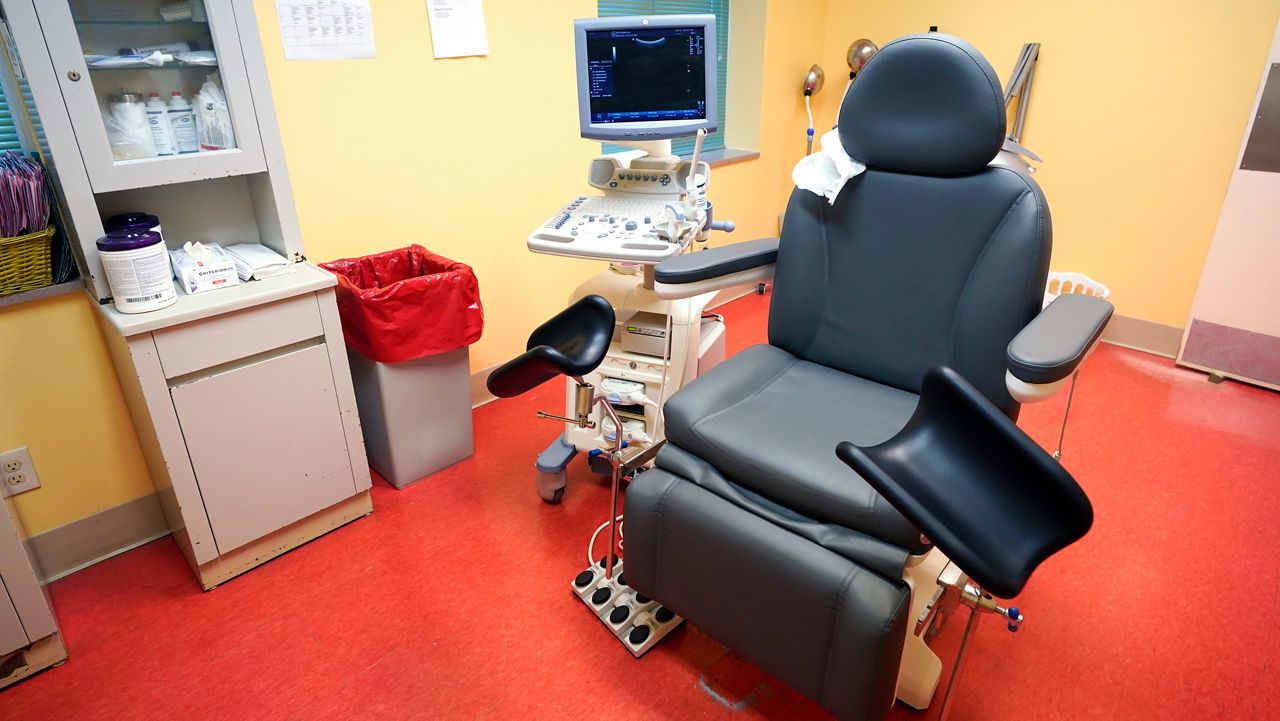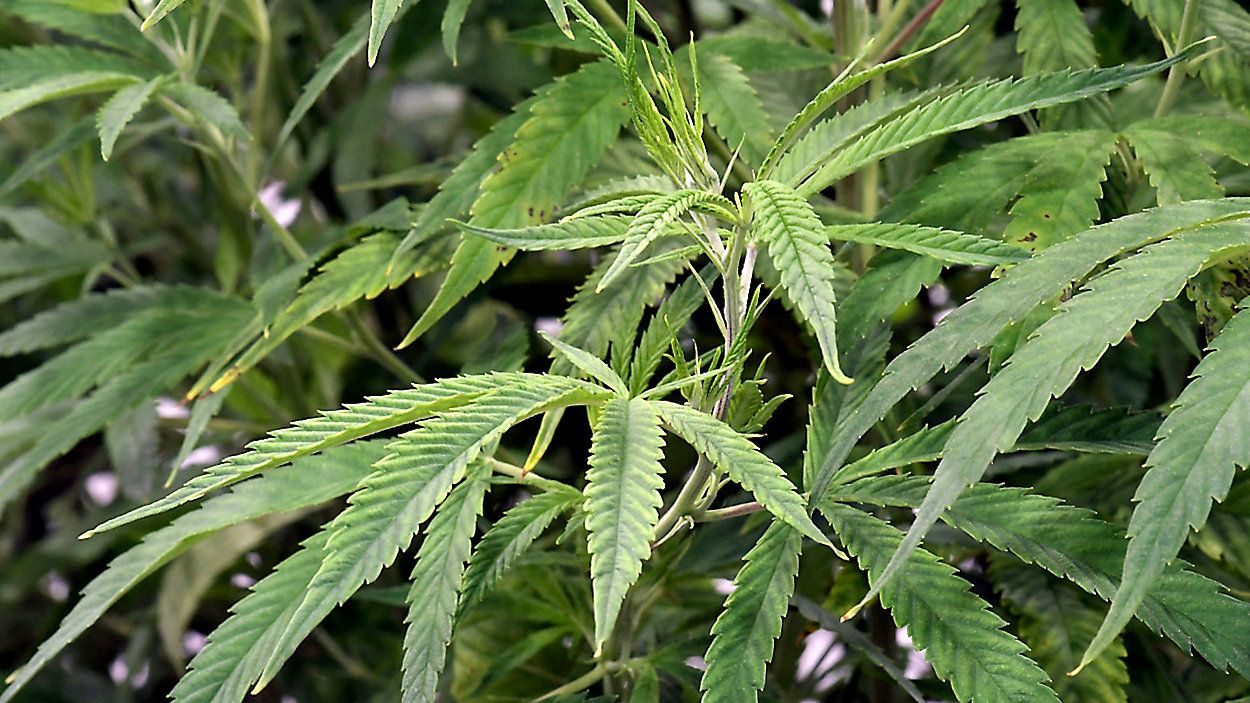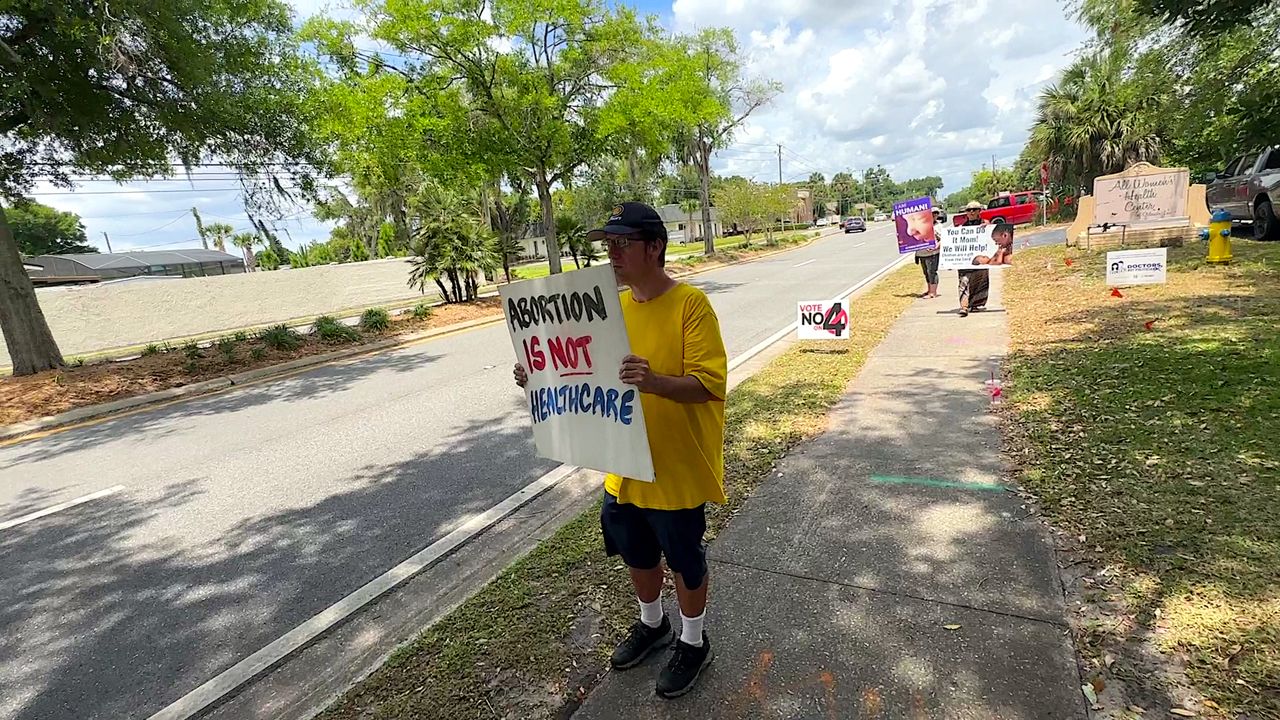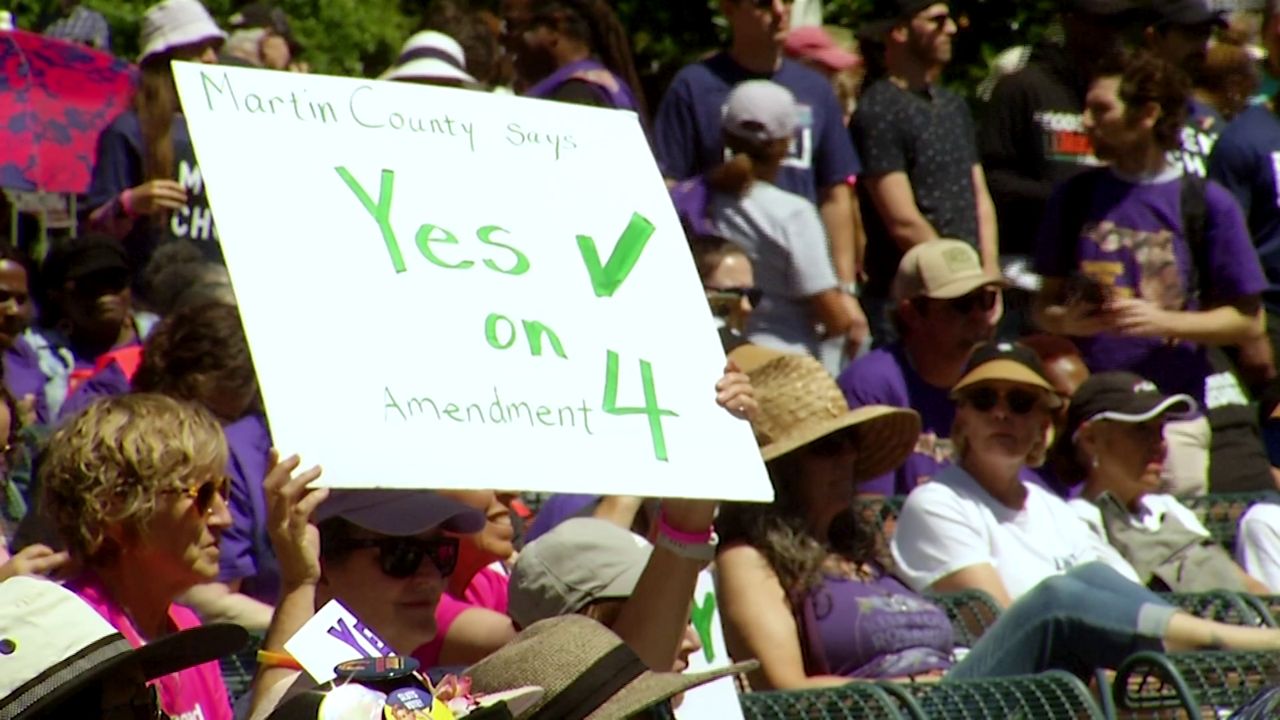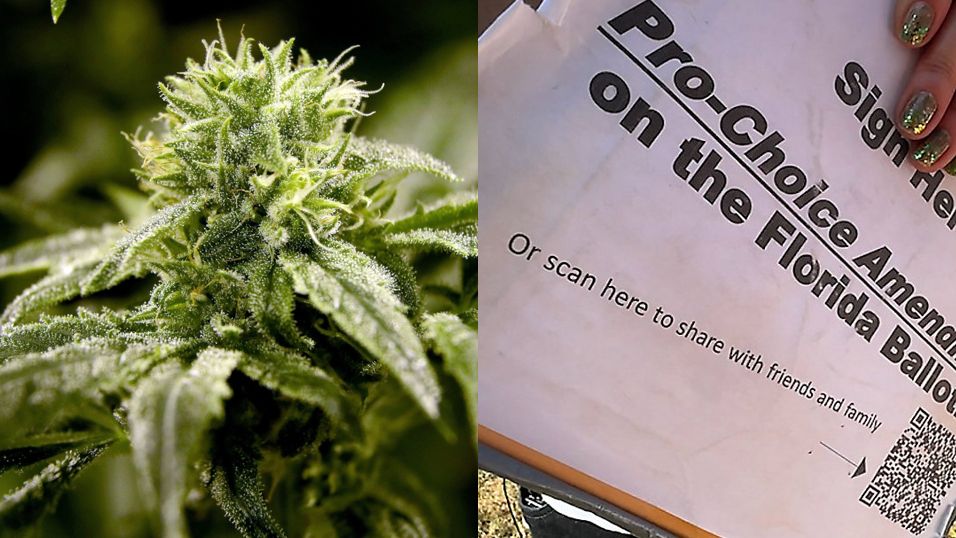TALLAHASSEE, Fla. (AP) — The Florida Supreme Court on Monday upheld the state's ban on most abortions after 15 weeks of pregnancy, which means a subsequently passed six-week ban can soon take effect.
The court that was reshaped by former presidential candidate and Republican Gov. Ron DeSantis ruled that the 15-week ban signed by DeSantis in 2022 can take effect. The ban has been enforced while it was being challenged in court.
A six-week ban passed in the 2023 legislative session was written so that it would take effect a month after the 2022 law was upheld.
Most abortions are obtained before the 15-week mark, so the current ban does not affect most people seeking abortion. But a six-week ban would likely have a major impact on women seeking abortions in Florida and throughout the South.
DeSantis appointed five of the court's seven justices.
The lawsuit was brought by Planned Parenthood, the American Civil Liberties Union and others. They argued the Florida Constitution’s unique privacy clause for more than 40 years has explicitly protected a right to abortion in the state and should remain in force.
Lawyers for the state, however, said when the privacy clause was adopted by voter referendum in 1980, few people understood it would cover abortion. They told the justices the clause was mainly meant to cover “informational privacy” such as personal records and not abortion.
Since the U.S. Supreme Court overturned Roe v. Wade in June 2022, most Republican-controlled states have adopted bans or restrictions on abortions. Every ban has faced a court challenge.
A survey of abortion providers conducted for the Society of Family Planning, which advocates for abortion access, found that Florida had the second-largest surge in the total number of abortions provided since Roe v. Wade was overturned. The state’s data shows that more than 7,700 women from other states received abortions in Florida in 2023.
The neighboring or nearby states of Alabama, Louisiana and Mississippi are among the 14 states with bans now in place on abortion in stages of pregnancy, with limited exceptions. Georgia and South Carolina bar it once cardiac activity can be detected, which is generally considered to be around six weeks into pregnancy and often before women realize they’re pregnant.
View the full court ruling below:




